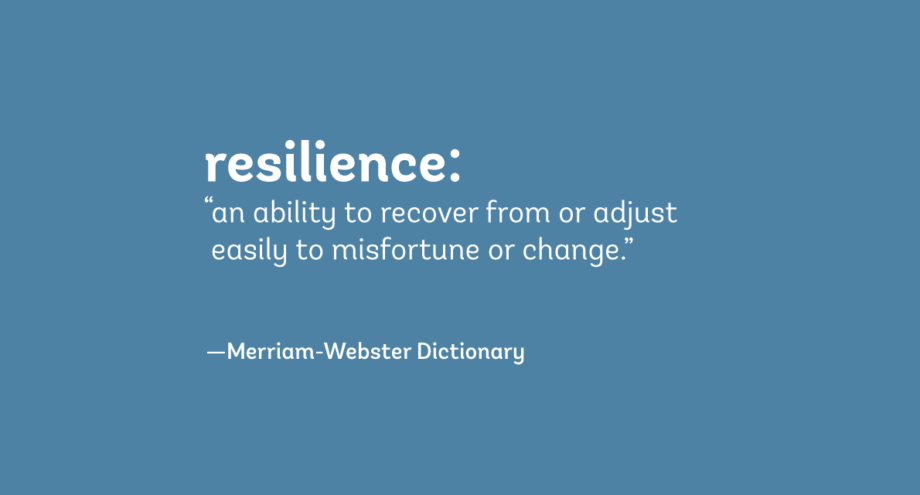Researchers at Chapin Hall conducted a study of the SCAN (Support, Connect, and Nurture) program. This program integrates Family Developments Specialist services and assessment of ACEs (Adverse Childhood Events) with health care and behaviors related to social determinants of health. The results are interesting and could have a huge impact on all youth-serving organizations.
What are social determinants?

The Social determinants of health are the economic and social conditions that influence individual and group differences in health status. They are the health-promoting factors found in one’s living and working conditions (such as the distribution of income, wealth, influence, and power), rather than individual risk factors (such as behavioral risk factors or genetics) that influence the risk for a disease, or vulnerability to disease or injury. The distributions of social determinants are often shaped by public policies that reflect prevailing political ideologies of the area.
The World Health Organization says, “This unequal distribution of health-damaging experiences is not in any sense a ‘natural’ phenomenon but is the result of a toxic combination of poor social policies, unfair economic arrangements [where the already well-off and healthy become even richer and the poor who are already more likely to be ill become even poorer], and bad politics.”
What are Adverse Childhood Events?

The Adverse Childhood Experiences Study (ACE Study) is a research study conducted by the U.S. health maintenance organization Kaiser Permanente and the Centers for Disease Control and Prevention. Participants were recruited to the study between 1995 and 1997 and have been in long-term follow up for health outcomes. The study has demonstrated an association of adverse childhood experiences (ACEs) (aka childhood trauma) with health and social problems across the lifespan.
Participants were asked about different types of childhood trauma that had been identified in earlier research literature:
- Physical abuse
- Sexual abuse
- Emotional abuse
- Physical neglect
- Emotional neglect
- Exposure to domestic violence
- Household substance abuse
- Household mental illness
- Parental separation or divorce
- Incarcerated household member
About two-thirds of individuals reported at least one adverse childhood experience; 87% of individuals who reported one ACE reported at least one additional ACE. The number of ACEs was strongly associated with adulthood high-risk health behaviors such as smoking, alcohol and drug abuse, promiscuity, and severe obesity, and correlated with ill-health including depression, heart disease, cancer, chronic lung disease, and shortened lifespan. Compared to an ACE score of zero, having four adverse childhood experiences was associated with a seven-fold (700%) increase in alcoholism, a doubling of risk of being diagnosed with cancer, and a four-fold increase in emphysema; an ACE score above six was associated with a 30-fold (3000%) increase in attempted suicide.
The ACE study’s results suggest that maltreatment and household dysfunction in childhood contribute to health problems decades later. These include chronic diseases—such as heart disease, cancer, stroke, and diabetes—that are the most common causes of death and disability in the United States.
What does this mean for youth-serving organizations?
A potential intervention point is to address resiliency to mitigate the impacts of ACEs. High resiliency moderated the impact of ACEs on self-reported depression, and resiliency was related to lower rates of substance use (tobacco and alcohol), greater satisfaction with weight, healthier eating, more exercise, and greater overall health. Evidence-based programs designed to build resilience following childhood trauma should be integrated into programming, where ever possible, for any youth-serving organization.
For more information on helping your organization become trauma-informed, contact us to discuss our Trauma Stewardship Training. This is perfect training for churches, outreach programs, and other youth-serving organizations.



Leave a comment